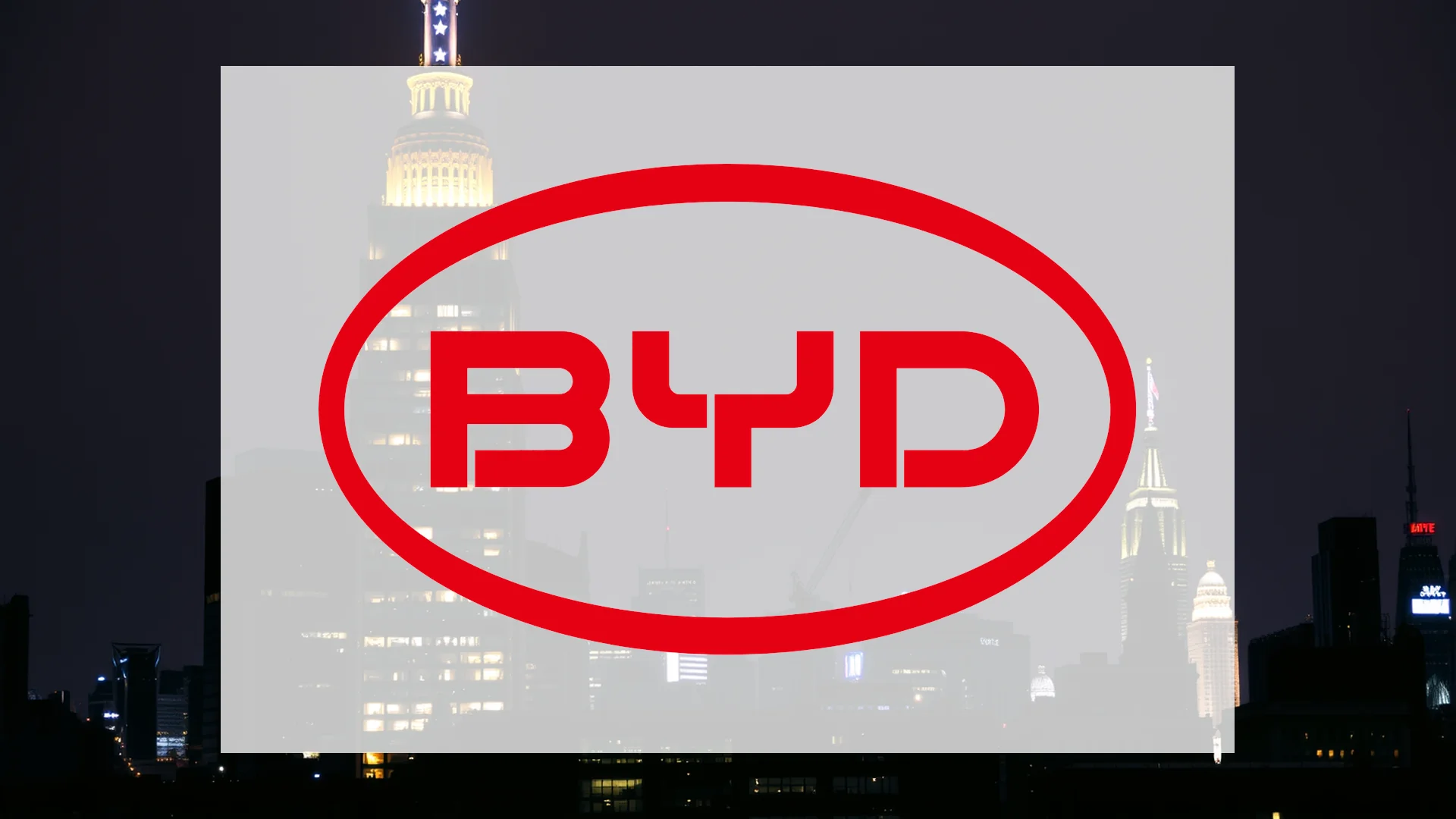The Chinese electric vehicle giant BYD is navigating its most significant profit decline in four years, prompting a strategic pivot toward international markets as its home territory faces intense pressure.
Quarterly Performance Highlights Financial Strain
BYD reported a net profit of 7.8 billion yuan for the third quarter, representing a steep 32.6% decrease compared to the same period last year. This marks the most substantial earnings drop the company has experienced in over four years and constitutes the second consecutive quarter of declining profitability. Revenue also contracted for the first time in five years, falling 3.1% to 195 billion yuan.
The primary driver behind this downturn is an aggressive price war within China’s EV sector. Intense competition from rivals such as Geely and Leapmotor has forced BYD to implement significant price reductions, particularly affecting its budget vehicle segment. Consequently, BYD’s domestic market share contracted to 14% in September, down from 18%. In response to these market conditions, the company has revised its 2025 sales target downward by 16%, now aiming for 4.6 million vehicles.
International Standing Shows Signs of Pressure
Despite domestic headwinds, BYD maintains its position as the global leader in plug-in electric vehicle sales. During the first nine months of 2025, the company accounted for 19.3% of worldwide plug-in vehicle sales—more than double Tesla’s market share. However, this global dominance shows early signs of erosion, with BYD’s international market share decreasing by 2.5 percentage points year-over-year.
Should investors sell immediately? Or is it worth buying BYD?
European Expansion Strategy Gains Momentum
BYD is executing an ambitious internationalization strategy to counter domestic challenges. The automaker plans to double its exports of electric and plug-in hybrid vehicles in 2025 compared to the previous year, targeting up to 1.6 million units in overseas sales. Europe has emerged as a critical growth market in this expansion plan.
To support this aggressive international push, BYD intends to double its European dealership network by the end of 2026. The company’s new manufacturing facility in Hungary is scheduled to commence operations in late 2025. This European production base represents a crucial component of BYD’s strategy to stabilize its financial performance through diversified geographic presence.
The success of this international expansion will likely determine whether BYD can overcome its current domestic difficulties and reinforce its position in the global electric vehicle landscape.
Ad
BYD Stock: Buy or Sell?! New BYD Analysis from February 7 delivers the answer:
The latest BYD figures speak for themselves: Urgent action needed for BYD investors. Is it worth buying or should you sell? Find out what to do now in the current free analysis from February 7.
BYD: Buy or sell? Read more here...











